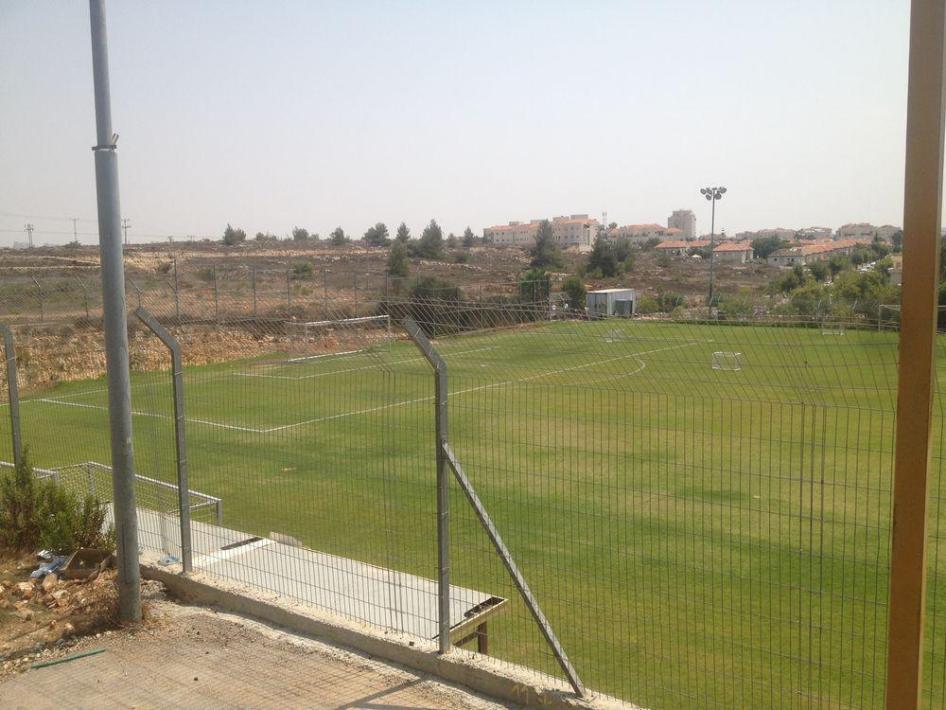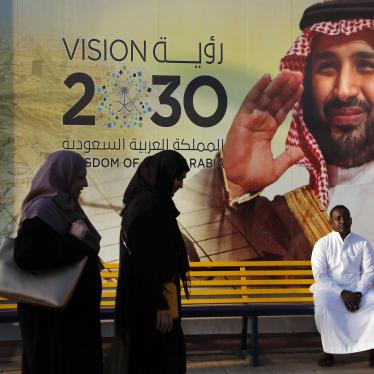Soccer’s world governing body FIFA’s Monitoring Committee Israel-Palestine, headed by chairman Tokyo Sexwale of South Africa, is scheduled to convene on Tuesday in Zurich to decide whether to recommend allowing the Israel Football Association to continue to sponsor soccer games held in West Bank settlements. IFA Chairman Ofer Eini has refused to move the games from the settlements to Israeli territory, and accused Sexwale of anti-Israel bias. This aggressive approach endangers the status of Israeli soccer in general – and all in the name of the ostensible right to play on land stolen from the Palestinians.
The dispute regarding the soccer clubs in the settlements is only part of the growing tensions between Israel and the other FIFA members, which are rooted in the growing criticism of the Israeli occupation of Palestinian territories. In September, the Scottish team Celtic gladly agreed to pay a fine of 10,000 euros imposed as a punishment because its fans waved hundreds of Palestinian flags in the bleachers in Glasgow during a game against Hapoel Be’er Sheva.
The upcoming FIFA Congress in May 2017 was moved from Malaysia to Bahrain after the former refused to grant visas to representatives from Israel. Now the Bahrain government is under heavy pressure to reconsider its decision to permit the entry of IFA members.
Soccer games in the settlements is not the only issue that sparks anger and criticism against Israel. But the games in the settlements are turning Israeli soccer players into a target, by involving soccer directly in human rights violations, which are an integral part of the occupation.
If the FIFA committee supports a solution that will permit the IFA to continue to hold official games in the settlements, the Palestinian Football Association is liable once again to initiate a vote at the May congress to expel Israel from FIFA. The meeting is due to take place a month before the world marks the 50th anniversary of Israel’s military control over the Palestinians, with the participation of the 211 member associations. The composition of the FIFA Congress is similar to that of the United Nations General Assembly, and we are well aware of the kind of decisions made in that body regarding the State of Israel.
The IFA, a member of FIFA, includes six soccer clubs that play their home games in stadiums and a junior soccer court located in the settlements of Ariel, Ma’aleh Adumim, Oranit, Tomer and Givat Ze’ev. These stadiums were built on land taken illegally from the Palestinians.
The Al-Keret family from Bituniya is registered as the legal owner of the land on which the Givat Ze’ev stadium was built, both in the land registry of the Israeli Civil Administration and the Palestinian land registry. Yet it has never been offered compensation for the use of its land, and has never granted its permission for the use being made of it by the Israeli club.
One of the family members is a soccer player in the Bituniya club, but he is forced to travel to the neighboring town of El Bireh in order to practice and play, because Bituniya, which lost most of its open areas to the Ofer military base and the settlement of Givat Ze’ev, has no soccer stadium that meets FIFA standards.
Earlier this month a group of Palestinian children approached Ma’aleh Adumim in the context of a demonstration, asking to participate in the youth activities conducted by the club in the settlement. The soldiers sent the children away even before they reached the entrance to the settlement, because Palestinians are not allowed to enter settlements, except as workers with special permits. We in Israel may have become accustomed to discrimination of this kind, but it doesn’t look good abroad.
The clubs based in the settlements are semi-professional and play in the IFA’s three lowest leagues. There is no need to dismantle them, only to demand that they move their games inside the recognized borders of the State of Israel, the area that is under the IFA’s jurisdiction.
IFA Chairman Eini, and the Foreign Ministry that backs him, would do well to consider what kind of “victory” they want. They are liable to find themselves defending the teams that play in the settlements at the expense of Maccabi Tel Aviv and Hapoel Be’er Sheva. We can assume that to them it’s more important to play in Manchester and Glasgow than in Ma’aleh Adumim.








